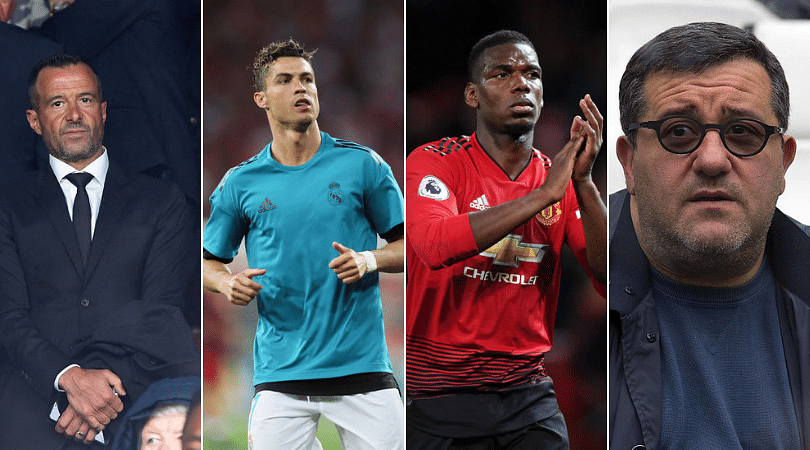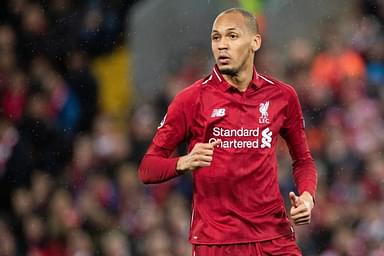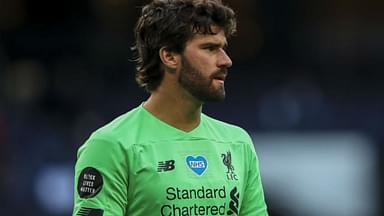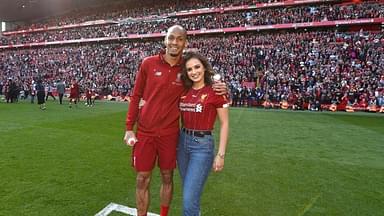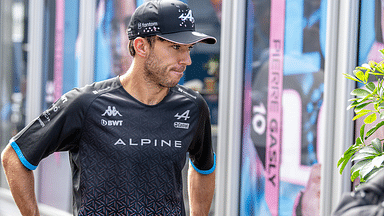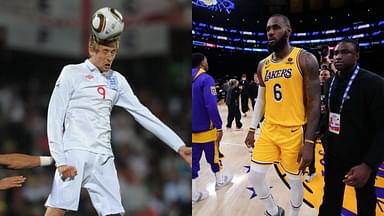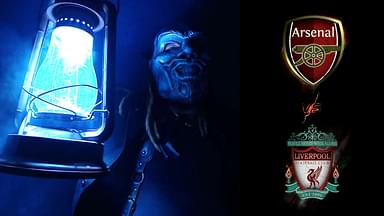In what other industry would millions and millions of money be essentially gambled on one individual? Football is a world with numerous financial rules, which should be adhered to avoid any needless dilemma. Both the player and club are involved in a multi-million transaction – allowing the third-party invader to act as the intermediate. Often during the transfer window headlines, faces of Mino Raiola and Jorge Mendes are seen.
Since whopping money revolves around the game these days, the use of agents has already drastically swelled. Above and beyond to the bankrolls, players have need of a proper negotiator to avoid hitches while transfers. Four parties including the selling clubs, buying clubs, the player themselves, and usually, their agents, vest interest all pushing to get the best deal out of that transfer.
Not only those players play an itsy-bitsy role in the transfers with just a decision to be made, but image rights and sponsorships are the other copious factors. Those two elements also demand excessive computation to get the faultless output involving a huge sum of money too.
Meanwhile, agents are designated to carefully choose a club for their clients. For that to happen, a great deal of dialogue between the above-mentioned four parties needs to happen smoothly until the end. Three key negotiations need to happen successfully during a transfer – negotiations between the selling club and buying club over a transfer fee, negotiations between buying club and player’s agents over personal terms, and negotiations between the buying club and player’s agent over agent fees.
Technically, the buying club needs to be permitted by the selling club to hold talks with the player. But, in reality, there are various intermediates that liaise between the buying club and the player to gauge player’s interest before official permission is granted. This is a touchy area and can lead to accusations of tapping up, as we saw in 2017 summer with Southampton accusing Liverpool of tapping up over Virgil Van Dijk.

Owing to the fact of tapping up the player, the Reds, who had a chance to sign the defender for a fee of below £55 million six months before, were forced to pay £75 million in the winter window. Things can get scruffy if the deal does not pan out, as required by the buying club.
Back in 2016, Manchester United’s crystal clear interest on their academy graduate Paul Pogba was not at all a secret. The French International was spending his time with the Italian heavyweights Juventus, but Jose Mourinho was publicly flirting with him and was in talks over a potential move.
Juventus were obstinate over player’s £100 million valuation, but the Red Devils were not driven to measure up to selling club’s demand. Hence, they promised a sizeable figure for the agent Mino Raiola, who is currently the intermediate between Manchester United and Juventus.
After weeks of prolonged conversations between these two clubs, Juventus agreed to sell Pogba for £89 million. In the recent Football Leaks, disclusion of staggering Mino Raiola compensation money has come to light. The Italian-Dutch agent churned massive £41 million for the world record £89 million, which took Paul Pogba to Old Trafford. It also included a near £23 million cut of the transfer fee and five instalments totalling £16.39m from United over course of Paul Pogba’s five-year deal.
The agent demands are variable – depending on the transfers. They could have a fixed amount for a player, whilst they could stipulate percentage money from the transfer fee. Even though the details are not yet known, if United had agreed to pay £11 million further, Raiola could have been altered with the upper hand. He could have demanded further £15 million, despite acting as a helping hand for Manchester United earlier. Players will listen to the agents, who take decisions for their clients. Raiola loves to play hardball most often. With the agent fees, the Red Devils would have been forced to spend £160 million, when the original fee totals to £130 million.
Paul Pogba is the poster boy of the Red Devils and nearly makes £17 million per year from the club alone. The midfielder’s basic wage is £144,000 which accounts for £7.5 million per year. Additionally, he receives a loyalty bonus of £3.75 million per year and an excess £1.85 million if the club qualifies for the Champions League. The French International failed to live up to his belief at Old Trafford, but three years before, he was one of the hottest prospects in Europe and arguably the best midfielder in the Serie A.

Romelu Lukaku was wanted by Manchester United and Chelsea in 2017. Since both the clubs were agreeing on with a £75 million price tag, Antonio Conte and Jose Mourinho were prepared to shell out that amount. The Belgian was close to an agreement with Chelsea, but chose the Red Devils instead. The reason is simple: Manchester United paid more compensation fees to Mino Raiola, the then Romelu Lukaku agent.
Since Everton learnt about the thirst to rope in a top-notch striker, with both the managers making Lukaku the first priority, the Blues were not prepared to budge. It is to be noted that Manchester United was the only side prepared to shell out that astronomical amount for Paul Pogba, whereas, two clubs were heavily tussling for Lukaku’s signature.
There has been plenty of plaudits about Liverpool’s perceptive and shrewd spending on the incomings over the last two years, but they have spent £43 million on the agent transfer fees, which is £17 million more than any other Premier League club. Make no mistake about the pulling power of Jurgen Klopp, but the Reds have reacted more briskly, with non-stop negotiations and good relationships with the agents.

Former Monaco midfielder Fabinho was coveted by Liverpool and Paris Saint Germain last summer. Besides, the intense talks between Liverpool and agent Jorge Mendes, Jurgen Klopp solely convinced him with a proper structure before the French Champions even approached him. This helped the talks and the Reds signed him for a fee of £45 million, including add-ons. In an inflated transfer market, the Brazilian could have cost more than £60 million if the Liverpool were to approach him lately because of the inevitable talks with the other clubs.
From the above three situations, it is not hard to comprehend the essentials of paying the agents more, which helps the buying club in the transfer fee. Nowadays, transfers happen in the same manner as Liverpool’s signing of Fabinho from Monaco. Everybody desires to lowball, which happens through intermediate agents, who in turn earn a ludicrous amount of money. But, the clubs have to be cautious, to say the least.
